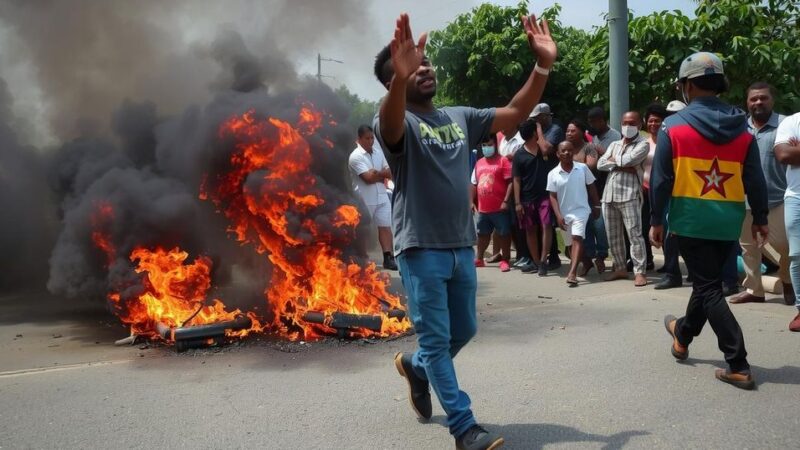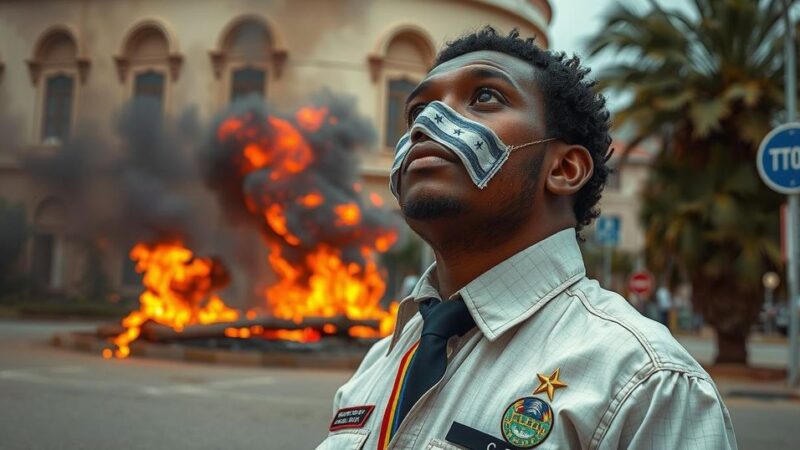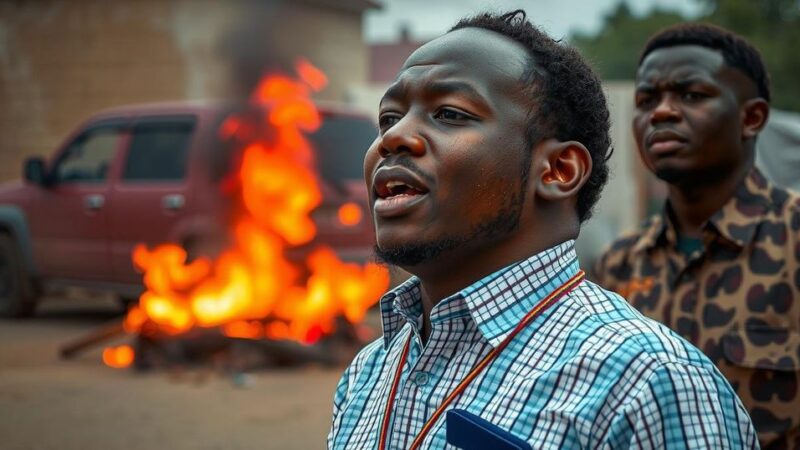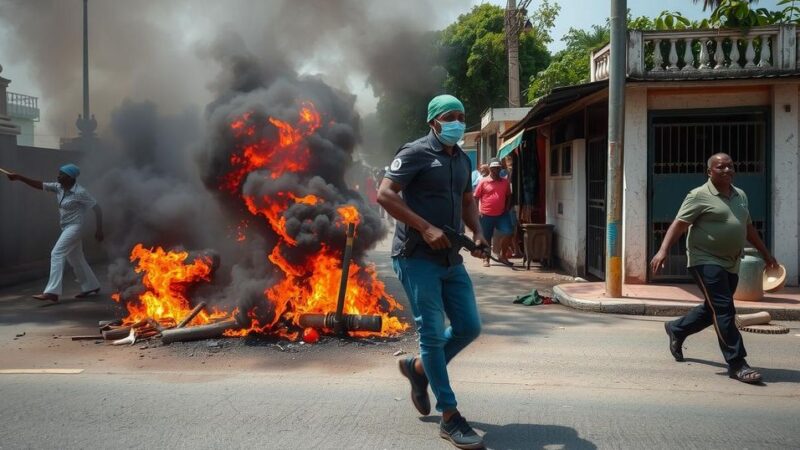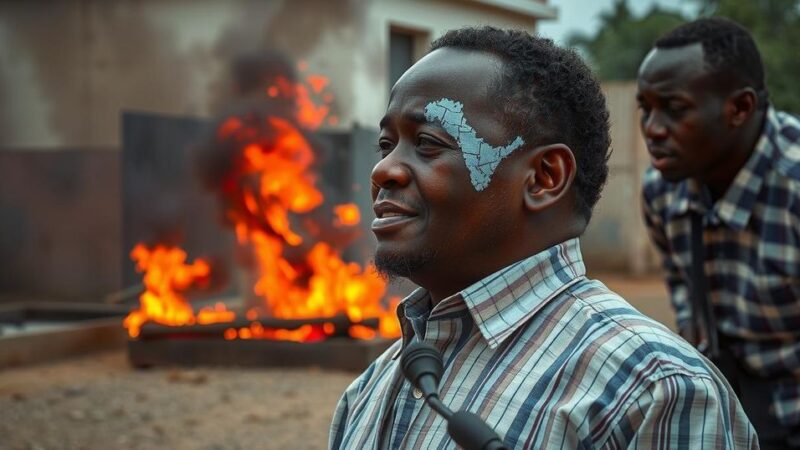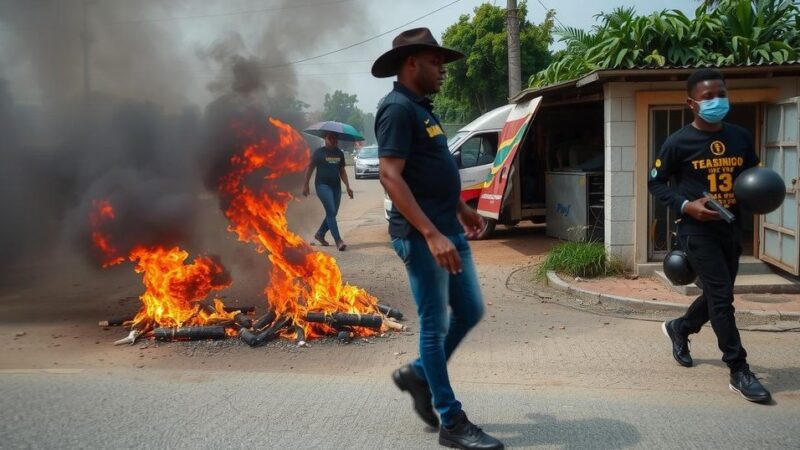Mozambique’s 2024 national elections are set for Wednesday, with four candidates contesting for the presidency amid an ongoing ISIS-backed insurgency in Cabo Delgado. Daniel Francisco Chapo of Frelimo is expected to win, marking a new era as he would be the first leader born after independence in 1975. However, an independent candidate gaining traction among disillusioned youth could introduce unexpected dynamics, testing the resilience of Mozambique’s democracy.
On Wednesday, voters in Mozambique are set to participate in the national elections, which have significant implications for the nation grappling with a prolonged insurgency supported by the Islamic State. The election will see four candidates vying for the presidency, including Daniel Francisco Chapo, the candidate representing the ruling party, Frelimo. Chapo’s victory is anticipated, making him the first leader of Mozambique born post-independence, which occurred in 1975. Despite Frelimo’s expected dominance, the presence of an independent candidate who has garnered the support of the disenchanted youth introduces potential unpredictability into the race. The ongoing violence instigated by insurgents in Cabo Delgado has subsided somewhat since the conflict erupted in 2017; however, the security landscape remains precarious. The humanitarian and economic repercussions of this insurgency are profound and underscore the gravity of the situation as the elected president will be tasked with addressing these issues. Furthermore, this election serves as a critical evaluation of Mozambique’s democratic framework and the waning support for historical liberation movements, which have struggled to fulfill the aspirations of a populace eager for change.
The 2024 national elections in Mozambique are particularly noteworthy due to the context of a persistent insurgency in the northern Cabo Delgado province, rooted in extremist ideologies and exacerbated by socio-economic challenges. Mozambique, with a population of approximately 33 million, has been under the governance of Frelimo since its independence from Portugal. However, the growing discontent among younger voters, who have not directly experienced the independence struggles, points to a profound desire for reform and accountability among leadership. This election is poised to test the legacy of former liberation movements in a shifting political landscape, as well as the broader stability and democratic integrity of the nation.
The upcoming elections in Mozambique will not only elect a new president but may also redefine the political landscape as the country contends with the repercussions of insurgent violence and public discontent with traditional leadership. Daniel Francisco Chapo, if victorious, will bear the historical responsibility of guiding a nation towards stability amidst a growing call for governance that addresses the needs of its citizens, particularly the youth. Thus, the 2024 elections could signal a pivotal moment for Mozambique’s democracy and the future of its political parties.
Original Source: www.nytimes.com

